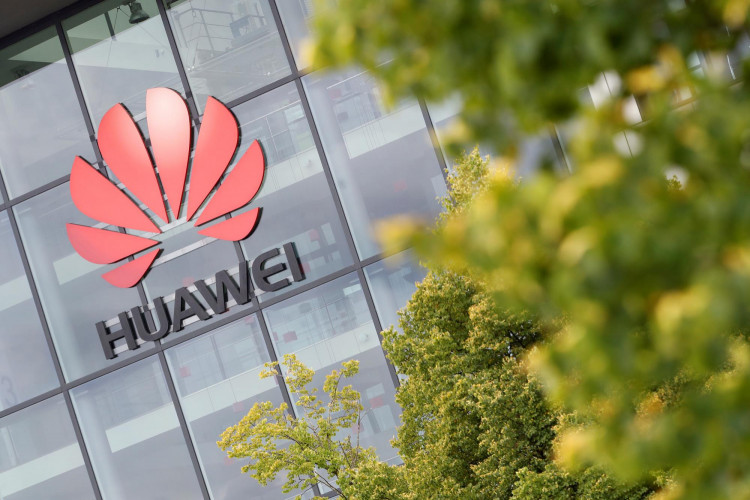Amid U.S. government restrictions, Huawei Technologies Co., continues building an app ecosystem to diverge away from Google's Android, the mostly commonly used smartphone operating system.
On Wednesday, Huawei launched a developer beta version of HarmonyOS 2.0, an in-house operating system originally designed primarily for internet of things devices.
Targeted at smartphone app developers, the new release is open to select smartphones and tablets including the Mate 40 series, Huawei P40 series and the MatePad Pro tablet.
The company also announced its plan to expand HarmonyOS to all of its self-developed products next year.
The Age Of Super Devices
"The goal for 2021 is to cover more than 100 million devices from more than 40 mainstream brands," said Wang Chenglu, president of software at Huawei's consumer business group. What the company described as "super devices" will be formed by "pooling software and hardware resources from previously physically independent devices."
Analysts said the move will encourage smartphone app developers to write apps for HarmonyOS on Huawei smartphones.
Huawei said that over 120 mainstream app builders, including JD.com, China UnionPay, Youku Video and iFlytek, have made HarmonyOS their "system of choice."
Additionally, more than 100,000 software developers have participated in HarmonyOS development projects and 10 hardware partners have been involved.
Leading domestic home appliance makers including Midea, Joyoung, and Robam Appliances have rolled out smart products that run on HarmonyOS.
"The U.S. government's bans leave Huawei no choice but to accelerate research and development to build an open tech ecosystem of its own, from hardware to software for smartphones," Charlie Dai, principal analyst at market research company Forrester told China Daily. "It is a tough journey but Huawei must go through it to survive and thrive."
In the first quarter of 2021, Huawei will roll out the P50 series with HarmonyOS. Users will have HarmonyOS and Android compatibility on smartphones until HarmonyOS becomes mature.
App Developers Go Global
"The current growth is largely driven by domestic app developers," said Xiang Ligang, director-general of the Information Consumption Alliance. "More efforts are needed to attract overseas developers to embrace HarmonyOS."
China's mobile internet companies are primarily engaged in the fields of gaming, e-commerce, and tool applications that are relatively mature in the domestic market. User scale in these fields appears to have reached a ceiling, according to a report released this year by iiMedia Research.
App developers have turned to overseas markets to gain traffic growth. App stores saw a record 204 billion cumulative app downloads in 2019, while consumer spending amounted to $120 billion, according to public information.
This September, Huawei launched a platform - Huawei Mobile Services (HMS) Go Global Ecological Alliance - with 12 partners including NetEase, Perfect World, Global Tesco, and others to build a "Go Global Service Engine."
Offering a range of services such as expert lectures and case libraries, the platform aims to help Chinese developers solve problems of product localization, local compliance and promotion for tapping overseas markets.
"Thirty-eight of the 100 global applications on App Store and Google Play come from China," said Wang Yanmin, president of Huawei's global ecological development department. "Presenting that Chinese app developers play a significant role within the global application ecosystem."
At summit early this month, Huawei said the HMS alliance has grown to more than 100 partners aimed to explore overseas markets and 80% of them are app developers.





